Family Acceptance Project: LGBTQ Youth and Family Resources [web resource]
 Research from the Family Acceptance Project® shows that families play a critical role in contributing to serious health risks & promoting well-being for LGBTQ young people.
Research from the Family Acceptance Project® shows that families play a critical role in contributing to serious health risks & promoting well-being for LGBTQ young people.
Learn about how family behaviors affect your LGBTQ child’s health risks and ways to reduce risk and increase support. Read more ›

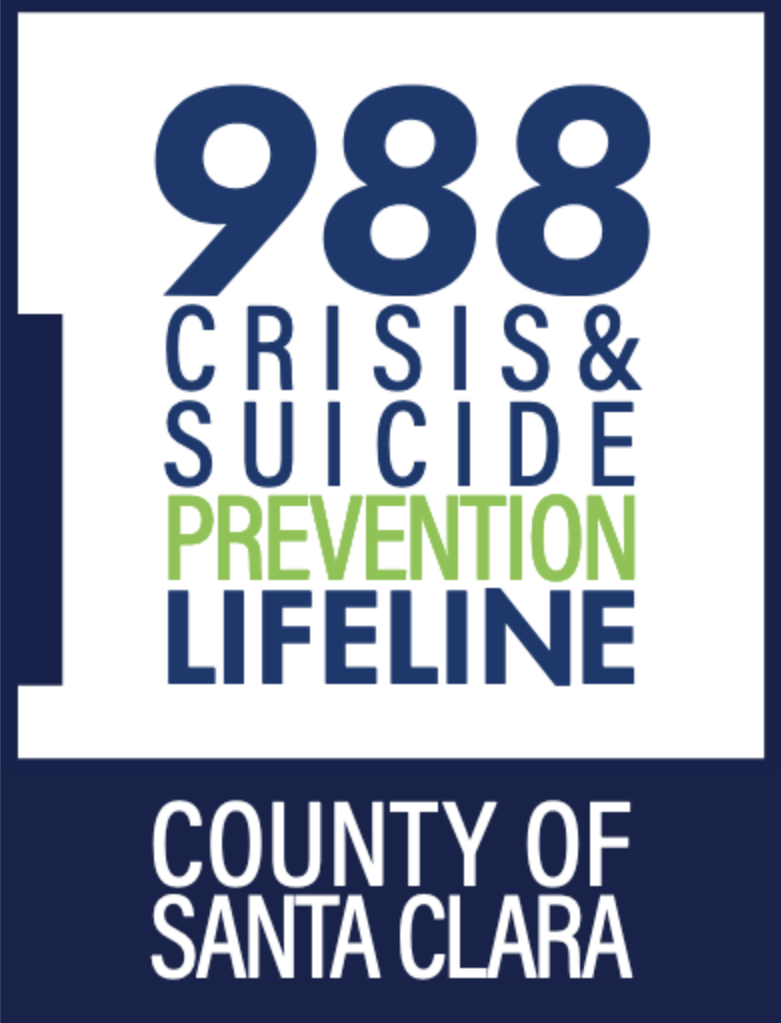
 the County of Santa Clara Behavioral Health Services Department (BHSD) transitioned to the new national three-digit suicide prevention lifeline number, 988. The new number is a quicker and more direct way to get support in times of need. Callers with 408, 650, and 669 area codes dial 988* to get compassionate support and connection to local crisis service.
the County of Santa Clara Behavioral Health Services Department (BHSD) transitioned to the new national three-digit suicide prevention lifeline number, 988. The new number is a quicker and more direct way to get support in times of need. Callers with 408, 650, and 669 area codes dial 988* to get compassionate support and connection to local crisis service. 
 Mental health problems don’t only affect adults. Children, teens and young adults can have mental health problems, too. In fact, three out of four people with mental health problems showed signs before they were 24 years old.
Mental health problems don’t only affect adults. Children, teens and young adults can have mental health problems, too. In fact, three out of four people with mental health problems showed signs before they were 24 years old. 
 988 has been designated as the new three-digit dialing code that will route callers to the National Suicide Prevention Lifeline (now known as the 988 Suicide & Crisis Lifeline), and is now active across the United States.
988 has been designated as the new three-digit dialing code that will route callers to the National Suicide Prevention Lifeline (now known as the 988 Suicide & Crisis Lifeline), and is now active across the United States. 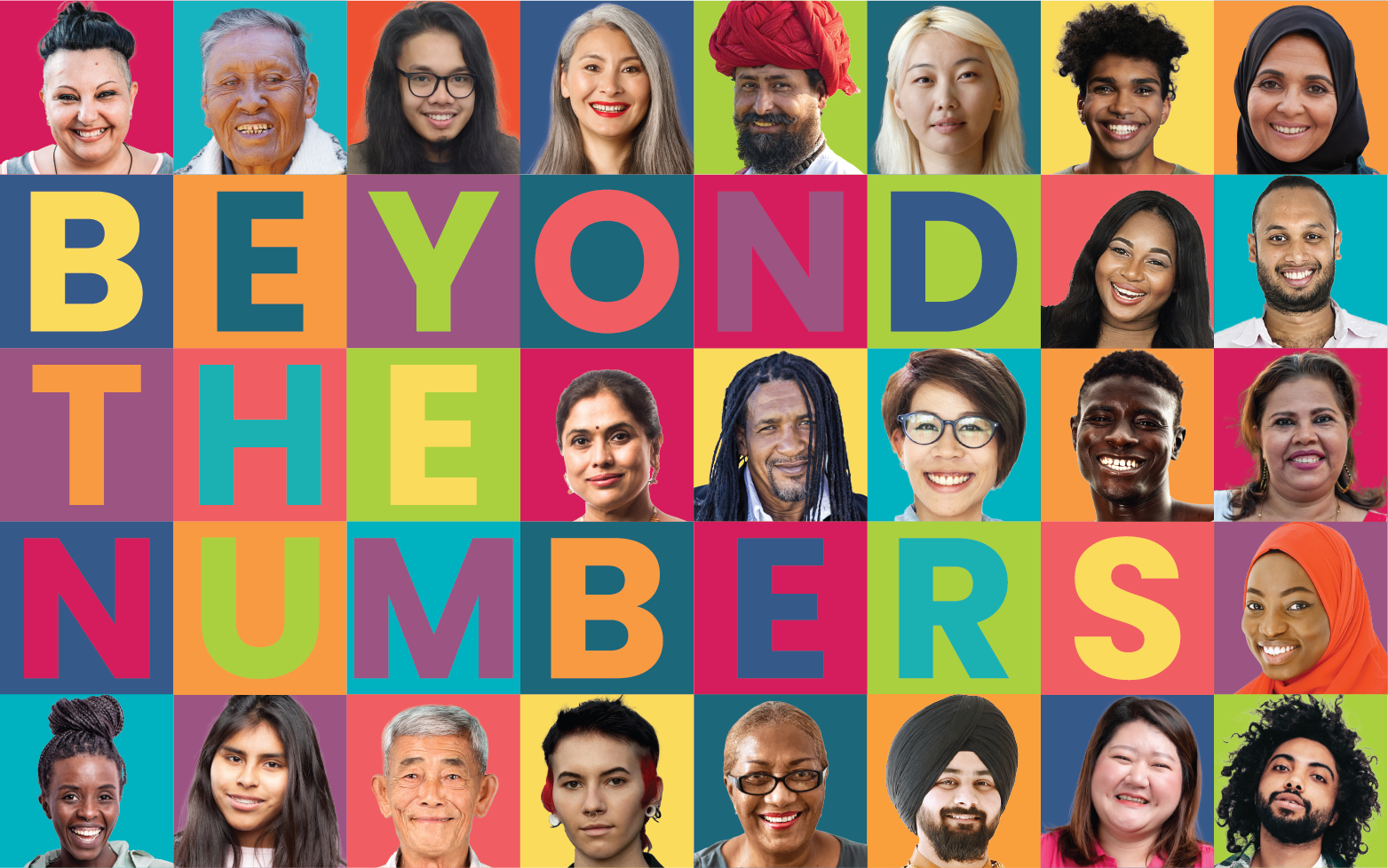
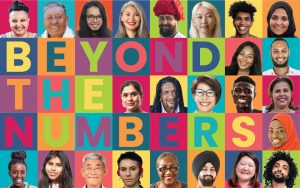 BIPOC communities are significantly more likely to develop mental health conditions, and major barriers to mental health treatment are access and the need for understanding mental health supports.
BIPOC communities are significantly more likely to develop mental health conditions, and major barriers to mental health treatment are access and the need for understanding mental health supports. 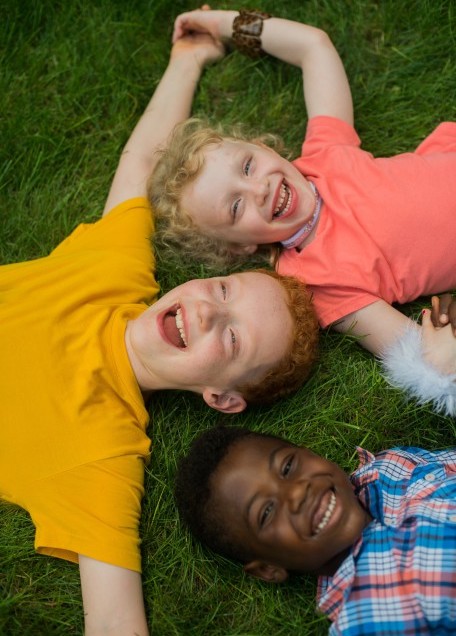
 Being mentally healthy during childhood means reaching developmental and emotional milestones and learning healthy social skills and how to cope when there are problems. Mentally healthy children have a positive quality of life and can function well at home, in school, and in their communities.
Being mentally healthy during childhood means reaching developmental and emotional milestones and learning healthy social skills and how to cope when there are problems. Mentally healthy children have a positive quality of life and can function well at home, in school, and in their communities. 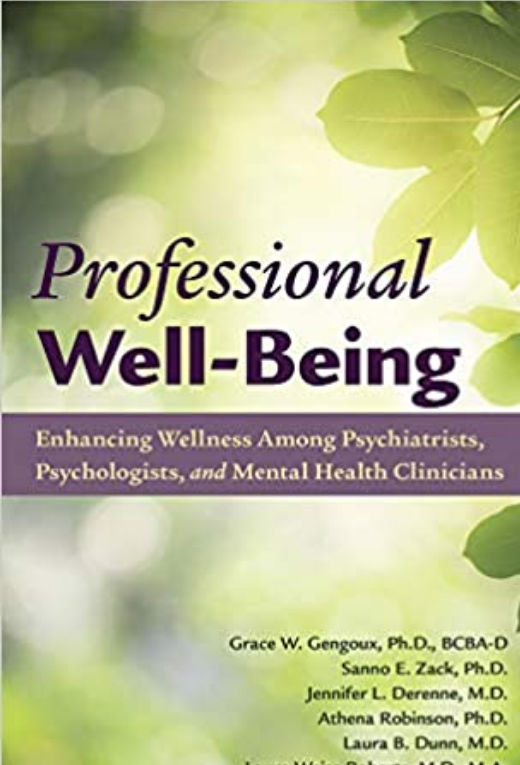
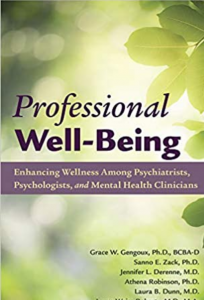 Although data exist to support the notion that physician self-care is correlated with patient care, the culture of medicine has traditionally valued the ideals of self-sacrifice and perfectionism — often to the detriment of clinicians themselves.
Although data exist to support the notion that physician self-care is correlated with patient care, the culture of medicine has traditionally valued the ideals of self-sacrifice and perfectionism — often to the detriment of clinicians themselves. 
 Transition age youth with disabilities are one of the most vulnerable populations within the foster care system. This population may need additional support as they face unique challenges in their transition to adulthood.
Transition age youth with disabilities are one of the most vulnerable populations within the foster care system. This population may need additional support as they face unique challenges in their transition to adulthood. 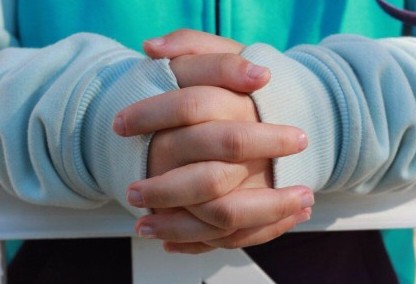
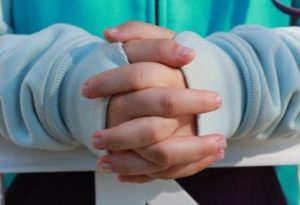 The
The 
 Written by
Written by 

